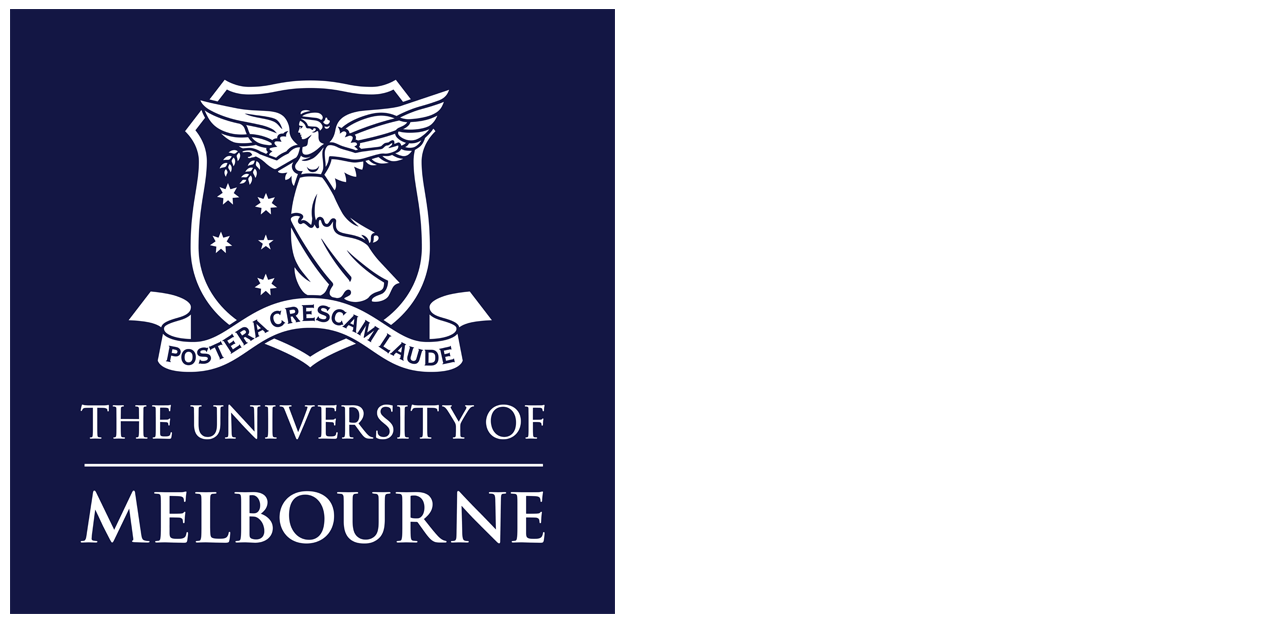

As the climate crisis continues to worsen, so does awareness of the need to prepare for and respond to increasingly severe and frequent ecological disasters, risks and impacts. Urgent and accelerated CO2 emissions reduction clearly remains the most vital priority. Even then, recent climate science provides compelling evidence that even the most rapid emissions reduction actions will be insufficient to prevent severe social and ecological consequences.
This webinar will therefore bring together researchers with diverse experience and expertise to identify and explore actions that can:
Professor John Wiseman is a Senior Research Fellow with Melbourne Climate Futures and Adjunct Prof, Melbourne School of Population and Global Health, University of Melbourne. He is also Chair of the Board of The Next Economy. John’s current work focuses on creating and restoring a just and regenerative safe climate future. Recent publications include Hope and Courage in the Climate Crisis Palgrave 2021 and Building Prosperous, Just and Resilient Zero Carbon Regions, Melbourne Climate Futures, 2022.
Prof Lisa Gibbs is Public Health and Director of the Disaster, Climate and Adversity Unit in Melbourne School of Population and Global Health and Academic Lead for Community Resilience and Public Health in the Centre for Disaster Management and Public Safety. Her research focuses on disaster recovery and resilience particularly relating to the interplay between individual and community level outcomes.
Prof Iain Walker is a social psychologist and Director of the Melbourne Centre for Behaviour Change. In his research, he attempts to use social psychological science to enhance social and environmental sustainability. His current research incudes projects on climate change and health, science communication, organ donor registration, and the dynamics of racism.
Dr Belle Workman is a social scientist driven by the need to develop healthier climate and energy policies. She is a Research Fellow at Melbourne Climate Futures and the Melbourne School of Population and Global Health, where she is co-Deputy Director of the Climate Collaborative Action for Transformative Change in Health and Healthcare (CATCH) Lab and Lead of the Policy and Politics Stream. She is leading a project on Co-Designing Healthier Climate Policies, working with Victorian state and local government policymakers to develop resources and tools that support the inclusion of health considerations in cross-sectoral policy development.
Dr Anita Lawrence is a Senior Lecturer in Human Nutrition in the School of Agriculture, Food and Ecosystem Sciences within the Faculty of Science. Anita is a Registered Nutritionist and has worked as a nutrition scientist in a variety of senior roles in the UK and Australia for more than two decades. Anita’s research interests focus on nutrition science, dietary advice and guidelines, dietary patterns, sustainable healthy diets, nutrition research methods and the impact of dairy food intake on health.
Prof Lou Harms is Chair and Head of Social Work, University of Melbourne. Her research focuses on human experiences of and adaptation to trauma, grief and loss. She has particular interests in resilience and strengths-based approaches in understanding individual, family and community recovery. Her research in these areas is focused in two particular practice contexts - social work in health settings and in post-disaster recovery contexts.
Dr Simon Kerr is Program Manager and Engagement Lead on the Murray Darling - Water and Environment Research Program. At La Trobe University, he is Honorary Research Fellow, School of Humanities and Social Sciences, and member of the Climate Adaptation Lab, and Climate Change Network. Simon works at the intersection of science, culture, the climate predicament, and the future. He is a songwriter, musician, communicator, visual artist, and producer of the multimedia music event Music for a Warming World and facilitates the Musicians’ Climate Crisis Network.
Linh Do is passionate about addressing climate justice and social inequality. She’s spent the last decade working across advocacy and engagement, media and enterprise. Linh is currently the Director, Wattle Fellowship at the University of Melbourne. Linh is also a board member at Climate Action Network Australia, Lord Mayor’s Charitable Foundation and a research committee member of the Centre for Policy Development.
Phoebe Quinn is a Masters in Public Health and Research Fellow in Disaster Recovery at the University of Melbourne School of Population and Global Health. Phoebe’s work focuses on social justice, disaster recovery, community resilience and climate change, and is firmly oriented towards informing policy and practice, including developing inclusive resources. Her PhD research focuses on exploring democratic innovations using digital technologies, and the role these can play in community decision making in the face of climate change and disasters.
Bhiamie Williamson is a Euahlayi man from northern-west NSW. A geographer, Bhiamie has experience working with Aboriginal communities in post-disaster settings. His research has been integral to better understanding the disproportionate and unique impacts endured by Indigenous groups during and after major hazard events. Bhiamie currently leads National Indigenous Disaster Resilience, a keystone research initiative within Monash University’s Fire to Flourish program.
Dr Emma McNicol is a feminist philosopher who explores how individuals overcome race, colonial, gender and class-based oppression in the context of climate-crisis. A non-Aboriginal person, Emma is a Research Fellow in Monash University’s National Indigenous Disaster Resilience program. Her recent research documents grassroots initiatives, resistance and leadership in Australia, including First Nations leadership in the context of natural hazards and the pioneering feminist activists who inaugurated Australia’s family violence refuge movement.